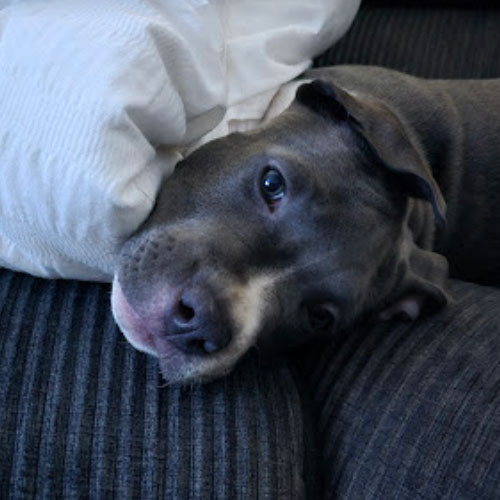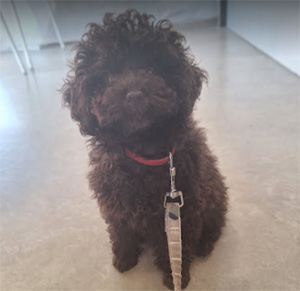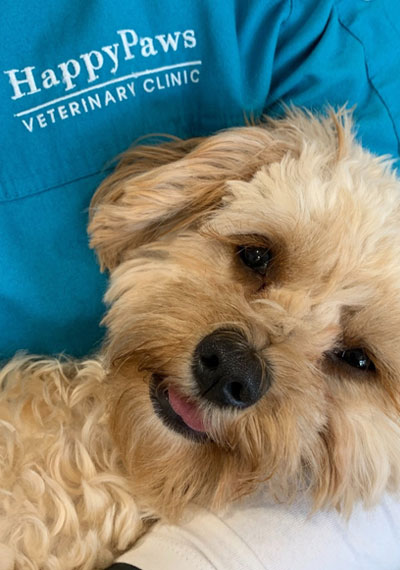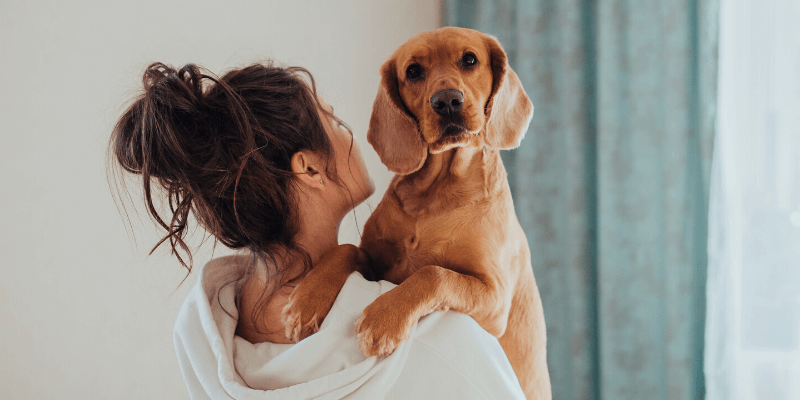Cat fight wounds are the result of a territorial scrap between felines. They often present as scratches and bite marks on the face, neck, tail and rump, that eventually swell, rupture and ooze pus. These wounds need to be treated as soon as possible to avoid serious infection and tissue damage.
When cats fight, they may use their needle-sharp teeth to puncture the skin of the other cat, which drives bacteria deep into the tissue, leading to a ‘cat bite abscess’. Left untreated, these pockets of infection can burst or spread. If you notice your cat has gotten into a punch-up, make an appointment with us, so we can treat the infection before it can become too severe.
When your kitty sustains wounds from a fight, it’s crucial to seek veterinary care immediately. Here’s why:
Risk of Infection
Cat fight wounds, especially bites, are highly prone to infection. Cats’ mouths are teeming with bacteria such as Pasteurella multocida, which can be injected deep into the tissue during a bite. This creates an ideal environment for bacterial growth, often leading to infections and abscesses. Without prompt veterinary treatment, these infections can spread, becoming serious and requiring more extensive and prolonged treatment.
Abscess Formation
Abscesses are localized collections of pus that form at the site of a bite wound. Initially, the wound may appear minor, but within days, swelling, redness, and pain can indicate an abscess is forming. Left untreated, abscesses can burst, causing more significant tissue damage and increasing the risk of systemic infection. Veterinarians can drain abscesses and provide the necessary antibiotics to ensure proper healing.
Pain and Discomfort
Cat fight wounds are painful. While cats are good at hiding their pain, signs such as limping, reluctance to move, or changes in behavior indicate discomfort. A veterinarian can assess the injury’s extent, manage pain with appropriate medications, and ensure your cat stays comfortable during recovery.
Internal Injuries
Beyond external wounds, internal injuries from fights can be severe and not immediately visible. Blunt trauma can cause internal bleeding or organ injury. Deep bite wounds might puncture muscles, tendons, or even bones. A thorough veterinary exam, including diagnostic imaging like X-rays or ultrasounds, is essential to detect and treat these hidden injuries.
Disease Transmission
Cat fights can transmit serious diseases, such as rabies, which is fatal and can be spread through bites from infected animals. Feline immunodeficiency virus (FIV) and feline leukemia virus (FeLV) can also be spread through bites. Immediate veterinary evaluation ensures your cat gets the necessary testing and post-exposure treatment to prevent these diseases.
Professional Wound Care
Proper wound care is crucial to prevent infection and promote healing. Veterinarians have the expertise to clean and debride wounds, removing foreign material and dead tissue that can impede healing. They can suture larger wounds, apply dressings, and provide guidance on at-home care to ensure proper recovery.
Antibiotics and Pain Management
Your Vet can prescribe the right antibiotics to prevent or treat infections, addressing the specific bacteria involved. They can also prescribe pain relief medications safe for cats, ensuring effective pain management and improving your cat’s quality of life during recovery.
Preventing Complications
Untreated cat fight wounds can lead to severe complications, including septicemia (a life-threatening systemic infection), osteomyelitis (bone infection), and chronic pain. Prompt veterinary care helps prevent these complications, ensuring your cat recovers fully and quickly. Early intervention can also minimize the need for more extensive and costly treatments later.
Monitoring Healing
Veterinarians provide follow-up care to monitor the healing process, ensuring the wound is recovering as expected. They can detect any signs of complications early and adjust the treatment plan as necessary. This professional oversight is crucial for a successful recovery.
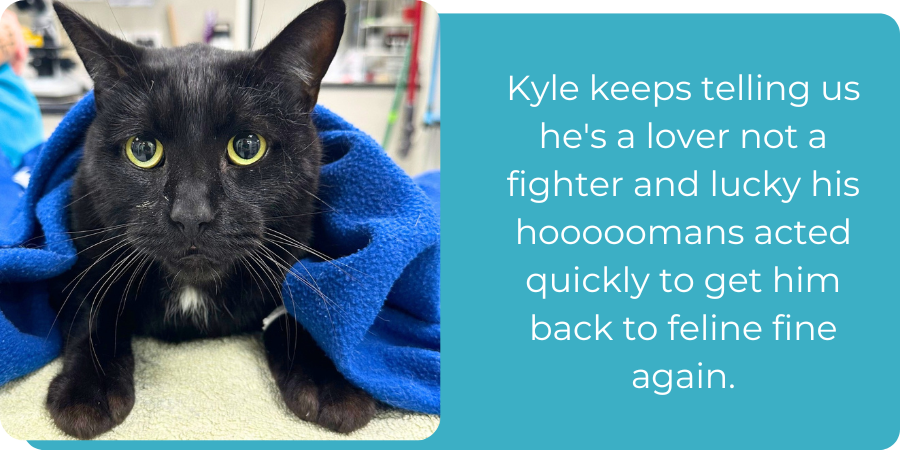
Does Your Kitty have a Cat Fight Wound?
If yes, seek immediate veterinary care by getting in touch with us. Wounds need to be treated as soon as possible to avoid serious infection and tissue damage. The risks of infection, abscess formation, internal injuries, and disease transmission, along with the need for professional wound care and pain management, means you should act quickly.
Book an Appointment with us as soon as possible to ensure your furbaby gets the best care, preventing complications and promoting a swift recovery.












